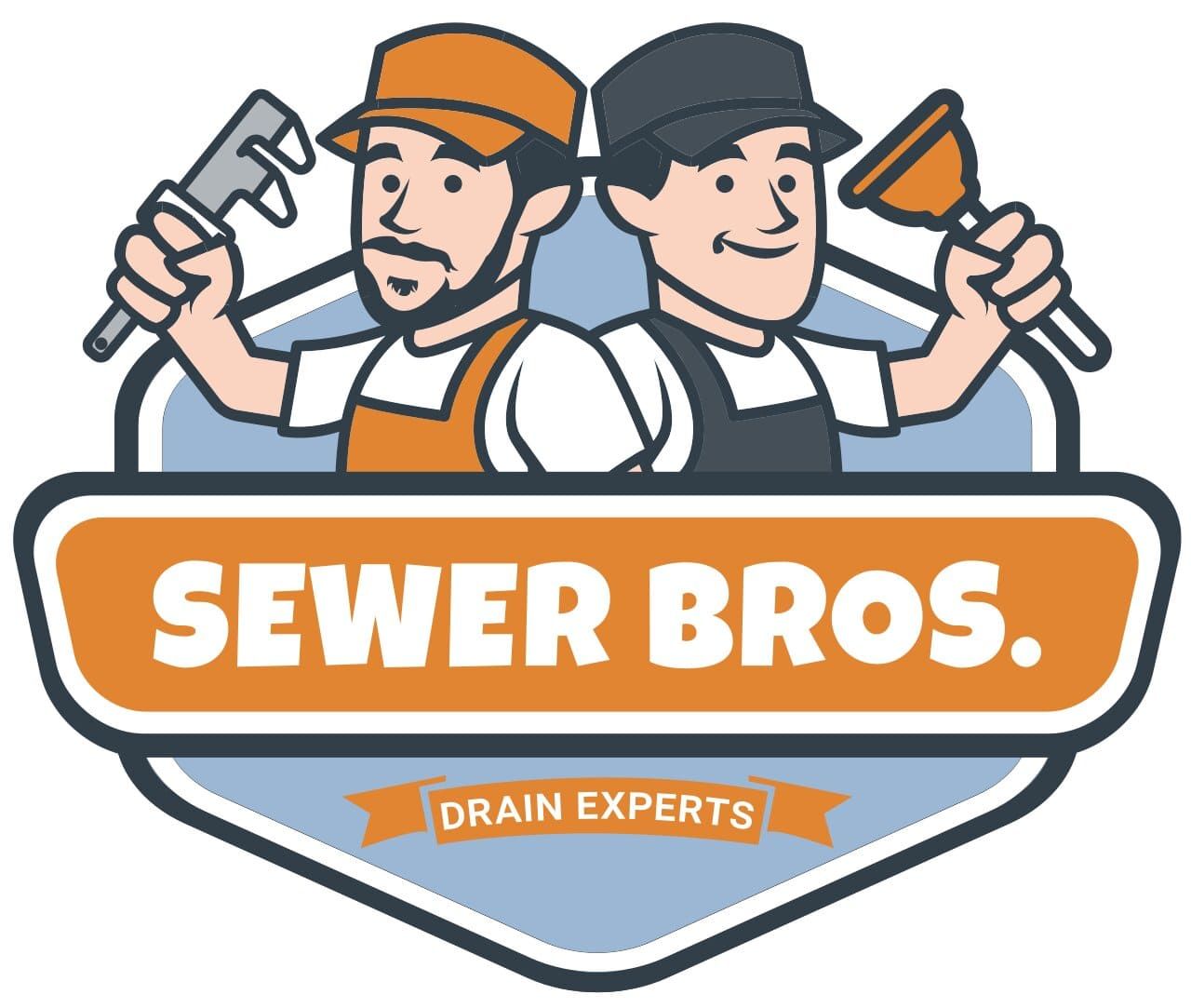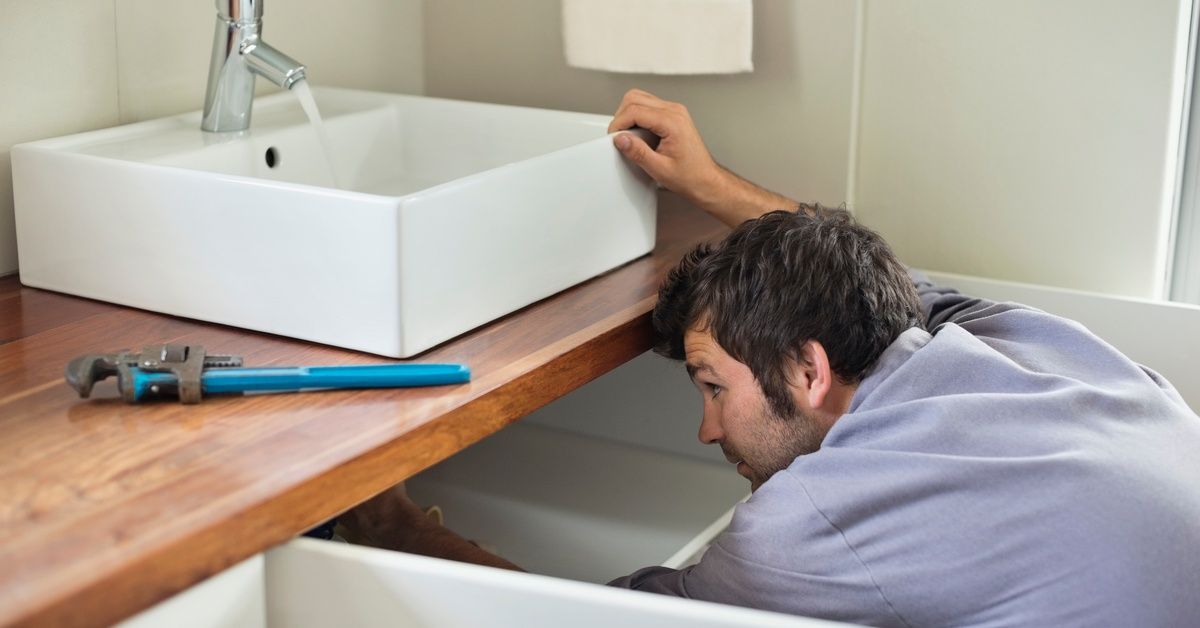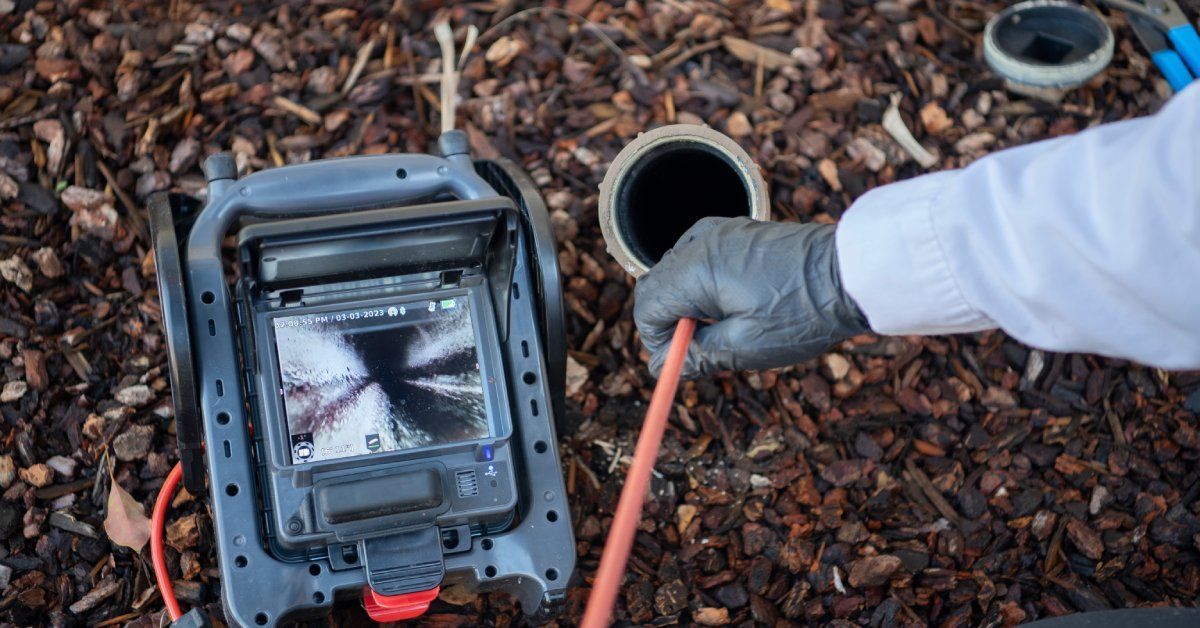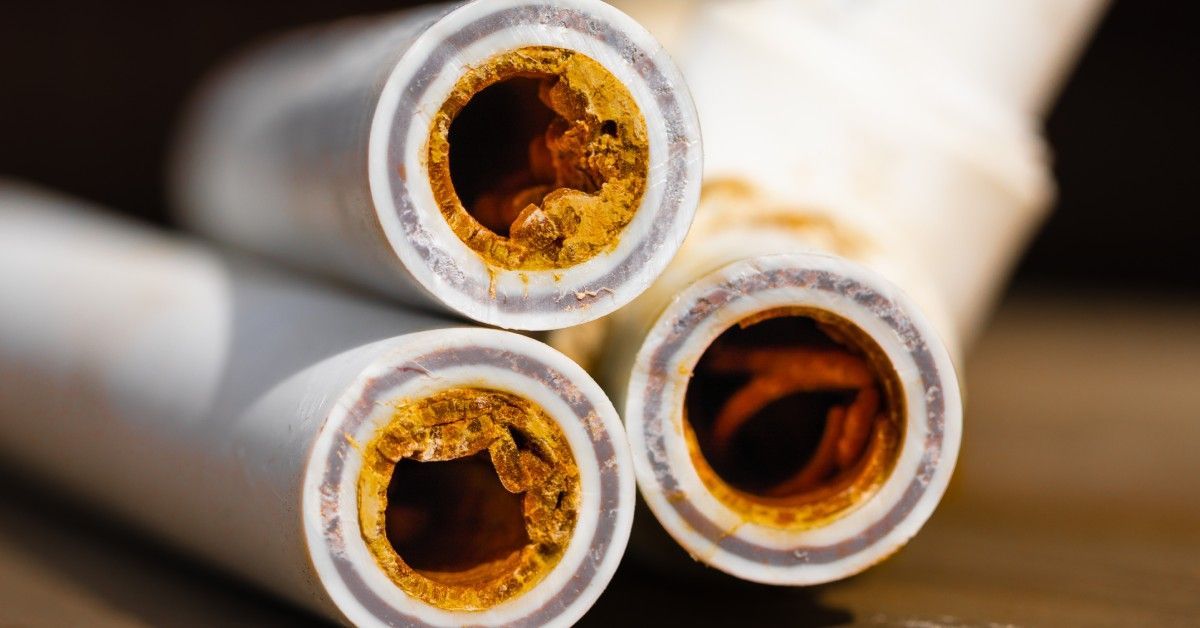The Ultimate Guide to Eco-Friendly Drain Cleaning Options
Clogged drains are one of those household problems that seem to happen at the worst possible times. When water starts backing up in your sink or shower, the immediate instinct is to reach for the strongest chemical drain cleaner available. However, these harsh products can damage your pipes, harm the environment, and pose health risks to your family.
The good news is that numerous eco-friendly alternatives can effectively clear your drains without the negative side effects. This comprehensive guide to eco-friendly drain cleaning options will walk you through various natural drain cleaning methods, preventive measures, and when to consider professional help for your plumbing needs.
Understanding Why Drains Get Clogged
Before exploring cleaning solutions, it helps to understand what causes drain blockages in the first place. Kitchen sinks often become clogged due to the accumulation of grease, food particles, and soap residue. Bathroom drains face different challenges, including hair, soap scum, toothpaste residue, and personal care products. Over time, these materials accumulate and create stubborn blockages that restrict water flow.
Traditional chemical drain cleaners work by using caustic substances to dissolve these blockages, but they can also corrode pipes, especially older plumbing systems. The fumes from these products can irritate your respiratory system, and the chemicals can remain in your home’s water supply.

Hot Water Flushing Method
One of the simplest eco-friendly approaches involves using hot water to break down minor clogs. This method works particularly well for grease-based blockages in kitchen sinks. Boil a large pot of water and carefully pour it down the drain in two to three stages, allowing the hot water to work for several seconds between pours.
The heat dissolves soap buildup and loosens debris that may be coating your pipe walls. For best results, use this method regularly as a preventive measure rather than waiting for a complete blockage to form. This technique is especially effective when combined with other natural cleaning methods.
Baking Soda and Vinegar Treatment
The combination of baking soda and vinegar creates a natural fizzing action that can break down organic matter in your drains. Start by pouring one cup of baking soda down the drain, followed by one cup of white vinegar. Cover the drain with a plug or cloth to contain the reaction, and let it sit for about 30 minutes.
After waiting, flush the drain with hot water to wash away the loosened debris. This method works well for regular maintenance and can handle mild to moderate clogs. The reaction between these two common household items creates carbon dioxide gas, which agitates and breaks apart the materials causing the blockage.
Salt and Baking Soda Combination
For tougher clogs, combining salt with baking soda can provide extra abrasive power. Mix half a cup of table salt with half a cup of baking soda and pour the mixture down the drain. Let it sit for several hours or overnight, then flush with hot water.
The salt acts as a gentle abrasive, helping to scrub away buildup on pipe walls, while the baking soda neutralizes odors and breaks down organic matter. This method is particularly useful for bathroom drains that accumulate hair and soap residue.
Dish Soap and Hot Water Method
Liquid dish soap can be surprisingly effective at breaking down grease and soap scum in drains. Squirt a generous amount of dish soap down the drain, followed by a stream of hot water. The soap lubricates the pipes and can dissolve fatty deposits that contribute to clogs.
This method is gentle enough for regular use and works well as both a cleaning and preventive measure. It’s particularly effective in kitchen sinks where grease accumulation is common. The surfactants in dish soap break down oils, making them easier to flush away.
Manual Removal Techniques
Sometimes, the most eco-friendly approach is the most straightforward one. For visible clogs near the drain opening, manual removal might be your best option. Use rubber gloves and remove hair, food particles, or other debris by hand. A bent wire coat hanger can help you reach deeper into the drain to pull out stubborn clogs.
For bathroom drains, specialized tools such as drain snakes or hair removal tools can effectively remove hair clogs without the need for chemicals. These tools are reusable and provide a permanent solution without introducing any substances into your plumbing system.
Professional Drain Cleaning Services
While you can manage many clogs with eco-friendly home methods, some situations require professional intervention. Persistent blockages, recurring problems, or clogs deep within your plumbing system may need specialized equipment and expertise. Professional plumbers have access to powerful tools, such as hydro-jetting equipment and professional-grade snakes, that can clear severe blockages without damaging your pipes.
When home remedies aren’t effective, our sewer rodding services in Salem, MA, can provide thorough cleaning that addresses the root cause of your drainage problems. Professional services can also identify underlying issues like tree root intrusion or pipe damage that might be contributing to recurring clogs.

When To Seek Professional Help
Recognizing when home remedies aren’t sufficient can save you time and prevent potential damage to your plumbing system. If multiple drains in your home back up simultaneously, you notice sewage odors, or water is backing up into other fixtures, these signs indicate problems that require professional attention.
Additionally, if you’ve tried multiple eco-friendly methods without success, continuing to attempt home remedies might delay necessary professional intervention. A qualified plumber can assess your specific situation and recommend the most appropriate solution.
Preventive Measures for Long-Term Success
The most effective approach to drain maintenance combines regular cleaning with preventive practices. Avoid pouring grease, coffee grounds, or food scraps down kitchen drains, and use drain screens to catch hair and debris before they enter your plumbing system. Run hot water down your drains regularly to prevent buildup.
This ultimate guide to eco-friendly drain cleaning options emphasizes that prevention is always easier than treatment. By implementing simple daily habits, you can significantly reduce the frequency and severity of drain clogs while maintaining a chemical-free home environment.




